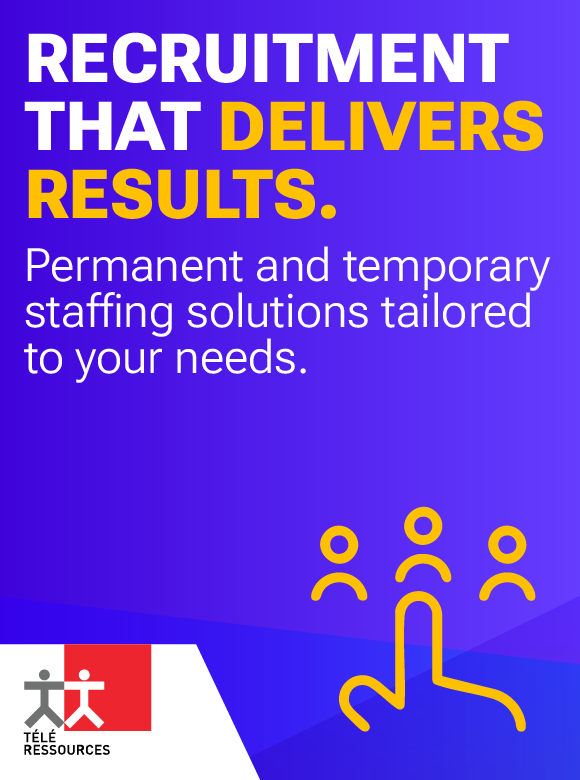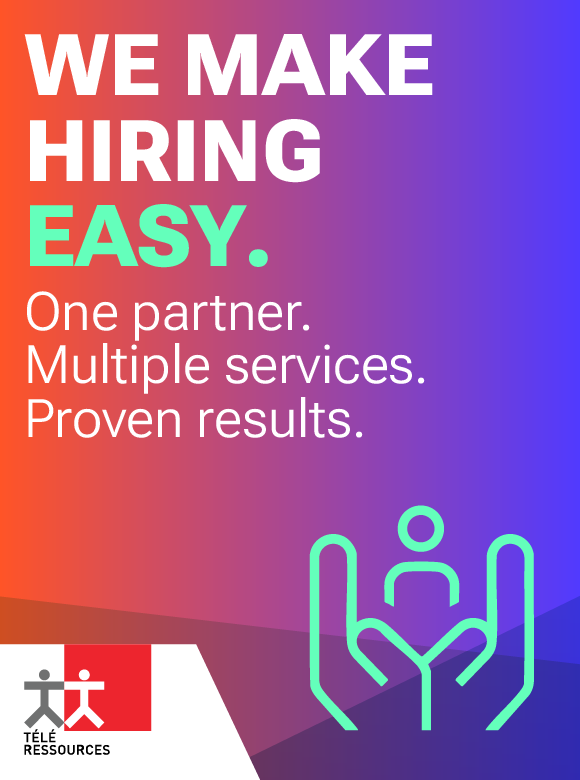3 Hiring Trends Companies Can’t Afford to Ignore in 2025
 The rules of recruiting are being rewritten. In 2025, companies are rethinking how they find, evaluate, and retain talent—not just to stay competitive, but to stay relevant. As workforce expectations evolve and new technologies reshape the talent landscape, organizations must be proactive. Here are three hiring trends that demand your attention this year.
The rules of recruiting are being rewritten. In 2025, companies are rethinking how they find, evaluate, and retain talent—not just to stay competitive, but to stay relevant. As workforce expectations evolve and new technologies reshape the talent landscape, organizations must be proactive. Here are three hiring trends that demand your attention this year.
1. AI and Automation Are Reshaping Recruitment
AI and automation are no longer experimental, they’re central to how leading companies hire. From intelligent CV screening to automated candidate nurturing, AI is streamlining the recruitment lifecycle. Tools like chatbots handle first-stage questions, while machine learning algorithms match applicants to job openings based on skills, behavior, and historical data.
Beyond efficiency, AI is also helping companies tackle bias, though this requires caution. Transparent algorithms, diverse training data, and human oversight are critical to ensuring fairness and avoiding discrimination. Used well, AI enables recruiters to make smarter, faster, and more inclusive hiring decisions.
Companies adopting AI-powered platforms report shorter time-to-hire, lower cost-per-hire, and improved candidate experiences. In a market where talent moves fast, automation isn’t a shortcut, it’s a necessity.
2. Flexible Work Is a Non-Negotiable
The pandemic may have kickstarted the remote work revolution, but in 2025, flexibility is now a baseline expectation. Employees want more than just the option to work from home, they want control over when, how, and where they work. Hybrid schedules, compressed workweeks, and asynchronous collaboration are becoming standard features of competitive job offers.
According to recent workforce studies, flexibility ranks just behind compensation as a top priority for job seekers. It’s especially important for attracting top talent in industries like tech, finance, marketing, and logistics, where skilled professionals often juggle multiple offers.
Organizations that resist this shift may find themselves losing high performers or struggling to engage new hires. On the flip side, companies that embrace flexible models often see stronger employee satisfaction, lower turnover, and access to broader talent pools unconstrained by geography.
The takeaway? Flexibility isn’t a “nice to have” anymore, it’s a strategic imperative for talent attraction and retention.
3. Skills-Based Hiring Is Replacing Traditional Credentials
Hiring based solely on degrees and job titles is becoming outdated. In its place, skills-based hiring is gaining momentum, especially in industries experiencing talent shortages or rapid change. Instead of filtering candidates by education or previous job titles, employers are asking: Can this person do the job?
This approach opens the door to a more diverse and capable workforce. It allows career changers, self-taught professionals, and workers from non-traditional backgrounds to compete based on merit. Hiring assessments, work samples, and simulations are increasingly used to evaluate real-world competencies, often with better long-term hiring outcomes than resumes alone.
Major employers like Google, IBM, and Accenture have already embraced skills-first hiring frameworks, and smaller businesses are following suit. In 2025, organizations that rethink their job descriptions and focus on capability over credentials will be better positioned to fill roles quickly and build more dynamic teams.


